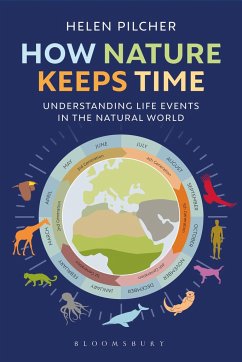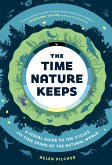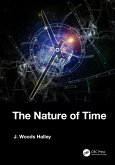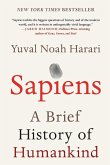An accessible and thought-provoking introduction to timespans in the natural world, featuring more than 80 beautifully designed diagrams and charts. Which organisms live the longest? How does the natural world recover from wildfires? How long do eggs take to hatch? What are the world's fastest- and slowest- growing plants? Which species invest the most in parental care? The graphic number line is a potent pattern that explains much of our world, from the life cycle of immortal jellyfish to the perfect amount of time for a 'good sleep'. Beautifully illustrated with reader-friendly infographics and stunning colour photography, How Nature Keeps Time visually maps the amounts of time bounded by growth, distance, age, reproduction, sleep, death and other key behaviours. Join science and comedy writer Helen Pilcher as she examines a broad range of species from across the world and throughout time. As our natural world draws our attention to its plight, this fascinating book offers a calm, clear-thinking series of visual explanations based on the ultimate objective measure - time.
Hinweis: Dieser Artikel kann nur an eine deutsche Lieferadresse ausgeliefert werden.
Hinweis: Dieser Artikel kann nur an eine deutsche Lieferadresse ausgeliefert werden.








